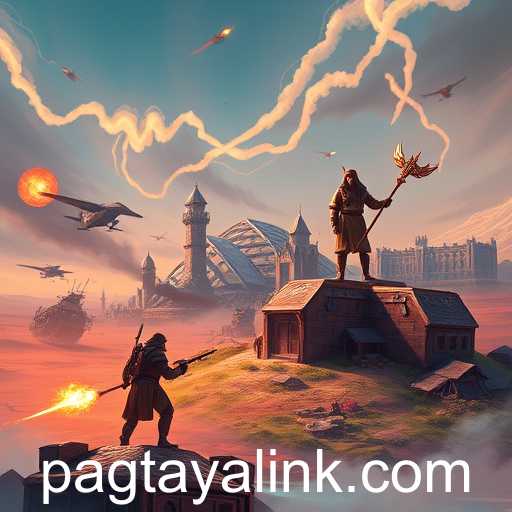As 2025 unfolds, the intersection between gaming and culture presents a fascinating tapestry of change, innovation, and influence. The keyword 'pagtaya' has emerged as a symbol not just of gaming strategy, but also of cultural adaptation and integration in the English gaming ecosystem.
In recent years, the gaming industry has transcended simple entertainment, becoming a cultural phenomenon that reflects societal shifts and global cultures. 'Pagtaya,' traditionally a term rooted in strategic thinking, has seamlessly integrated into the lexicon of English gaming platforms, reflecting the increasingly globalized approach to game design and community engagement.
The year has seen an unprecedented rise in gaming as an educational and cultural exchange platform. Games are now crafted with narratives that borrow from global mythologies, histories, and languages, fostering a form of digital literacy that encourages players to appreciate diverse cultures. Gaming companies are leveraging this cultural dynamic to build more nuanced, engaging narratives that attract a global audience.
Industry reports have highlighted the importance of cultural authenticity in game design. Gamers in 2025 are not just looking for high-quality graphics or sophisticated gameplay mechanics. They are seeking experiences that resonate with their cultural realities or offer windows into other cultures. As a result, developers are increasingly collaborating with cultural experts to ensure accuracy and respectfulness, particularly when integrating elements like 'pagtaya.'
This cultural shift in gaming is mirrored by technological advancements. Enhanced augmented reality (AR) and virtual reality (VR) technologies are helping games become immersive cultural experiences. Players can explore recreated ancient cities, participate in historical events, or even learn new languages within these digital worlds. This transformation is a testament to gaming's potential in fostering understanding and appreciation of global cultures.
As gaming continues to grow as a cultural force, it becomes a platform for deeper personal and collective reflection. The integration of cultural elements in games turns play into a meaningful exploration of identity and heritage, offering players a sense of connection across vast geographical divides.
The rise of 'pagtaya' in this context is not merely a reflection of strategic gameplay but underscores a broader trend of cultural interactivity within the gaming industry. Looking forward, this interplay of gaming and culture will likely continue to evolve, offering richer, more immersive experiences that transcend traditional boundaries.








